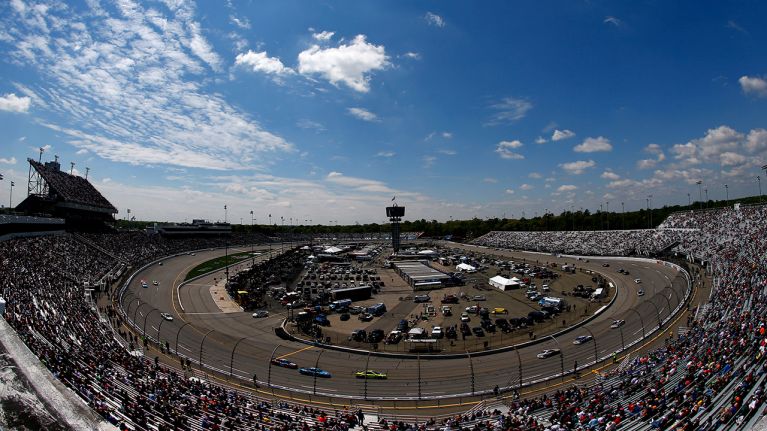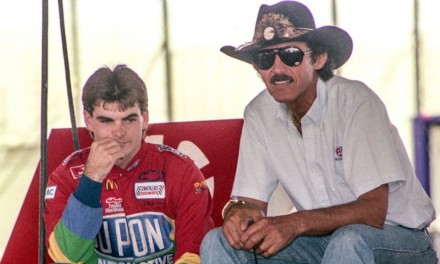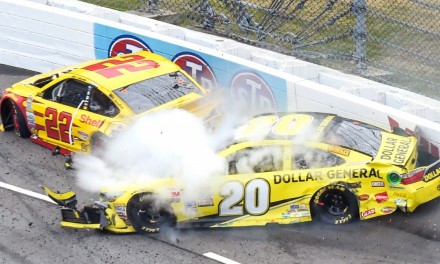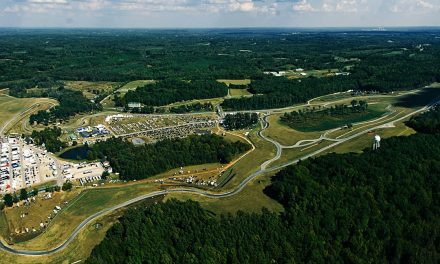By Paul Blaufuss
As you may know, I work in the high stakes glamor world of… insurance. Not very exciting most days but it has kept me gainfully employed- and hey- it’s a living. Now and again I have days that are more interesting than most. Such a day was last Thursday.
To maintain the coveted insurance license in the great state of North Carolina, one must attend twelve hours of state approved continuing education per year. Most times said courses are mindnumbingtedious and hopelessly dull. The courses typically deal with sleep inducing topics such as primacy of insurance coverage, tort law, excess insurance, and the like.
Yawn.
However one course this time caused me to stop and think. The course dealt with social media and in particular the legal and social ramifications of Uber.
For those who may not be familiar, Uber is a relatively new creation. It is a ride sharing platform. Anyone can apply to Uber to become a driver and provide for fee, rides in their own cars, to customers on an as needed basis. Riders can request Uber rides via their smartphonethingamagadgets to show up when and where they need a ride. The Uber driver takes them where they need to go. Voila… a less expensive end around option to formal taxicab services.
Most of the seminar dealt with insurance issues. Such as who’s insurance is primary? Legal liability. What if your insurance agent finds out you are an Uber driver? (Probably not good for you!) Risks to the driver and passenger… the typical boring insurance stuff.
Then one of the attorneys got on a tangent that started me thinking…..he said in south Florida where he is from, millennials are intentionally purchasing homes without garages. In fact homes are being designed without garage space at all. Why? Because prospective homeowners in the younger demographic do not need, or want, garages.  Because they do not own, need or want automobiles.
There’s something happening here, and what it is ain’t exactly clear.
The words from the old Buffalo Springfield song came to me as I left the seminar. Is the rejection of the automobile as a prized possession a nationwide trend among the young generations? When I was much younger, purchasing my first car was the biggest event in my life up to that point. I worked like a wet dog in high weeds to afford that first car. That car allowed me to go where I wanted when I wanted. It was a rite of passage. I could go out, meet friends, go to work, and go to school. I felt the world was at my fingertips because of that car. I loved that old 1970 Chrysler Newport. The garage was a haven and sanctuary. That car was my freedom.
I tried to take the motor out of that car just to see if we could do it. Most folks today would have a hard time changing their car’s headlight bulb.
The attorney went on to opine that today millennials do not value cars in the same way as my generation did. Cars today are necessary commodities, but not needed as owned assets. Given Florida population density, the price of real estate, the price of cars, the price of gas, maintenance, and so on, cars have become to many just another utility; an expense, a drain, and a hassle. Perhaps a critical service when needed, but not necessarily a desired asset. Rather that exemplifying freedom, cars have become an anchor. To the new urban age cars are seen as a tether; symbolic of debt, unnecessary use of space, of lost investment, of squandered opportunity.
Interesting. Our culture and perception of freedom today is being radically altered. Some may ask why buy a $30,000 vehicle, pay for gas, parking, maintenance, insurance, etc in south Florida, when one can simply text Uber and get a ride anywhere, anytime, as needed to wherever one wants to go? The club, grocery store, and movies are only a $10 Uber ride away.
Will even having a drivers’ license be necessary in this future Brave New World?
Freedom for so many today is no longer about owning, building and maintaining a vehicle to take oneself someplace. Freedom today is increasingly electronic. Freedom is becoming the Smartphone and the iPad.  Freedom is becoming more in the mind, and the electronic ability to order, see, read, request or do anything one wants at any time of the day. The world is just a click away.
One of the major socioeconomic changes in our history is quickly and quietly taking place all around us.
Stop hey what’s that sound? Everybody look what’s going down.  Â
So what does this mean for racing? On one hand, nothing. On the other, everything.
If going forward, folks no longer have a passion (or basic knowledge for that matter), for driving, owning, servicing repairing, nor maintaining automobiles, how long will it be before the coming generations no longer have interest in participating in and/or attending automotive competitions? Are we watching this happen right now?
I just saw a news article where something called ‘Major League Gaming’ is surging in popularity. People actually attend arena events to watch teams compete in video game competitions. Apparently interest is soaring. Kids on my street can name the starting lineups of the Real Madrid, Manchester United, and Chelsea football (soccer) clubs. However I suspect few can name more than three of the New York Yankees starting lineup.
American society, and in turn sport, is changing in so many ways and on so many levels.
The Charlotte Motor Speedway has recently removed the massive turn two Diamond Terrace Grandstands, as well as many of the seats in turn four. That represents by my estimation 60,000 seats gone at a track where, not so long ago, every seat sold out in advance year to year.  And Charlotte is not alone. I noticed at the Richmond race last weekend that the backstretch seats were no longer there.  And further the overhead aerial camera angles reflected the Richmond grandstands were perhaps half full. On a family trip to Daytona last summer, it was obvious that the age demographic of the average NASCAR fan had noticeably increased.  I saw relatively few families and young adults in attendance.
No one can deny race attendance across the board is dropping at an alarming rate. And I am sure there are many reasons why. I believe technology and the changing nature of our society today is a big one.
How does racing respond to rapid social change? That is the multi-million dollar question and I am truly not sure. The situation to me is obvious, the answer much less so. Â I hope those in charge of the major racing series (and hopefully much wiser than I) are observing and have a plan, before racing goes the way of my old Chrysler Newport.
If not, perhaps in the future we can run Daytona virtually at a Major League Gaming competition.














